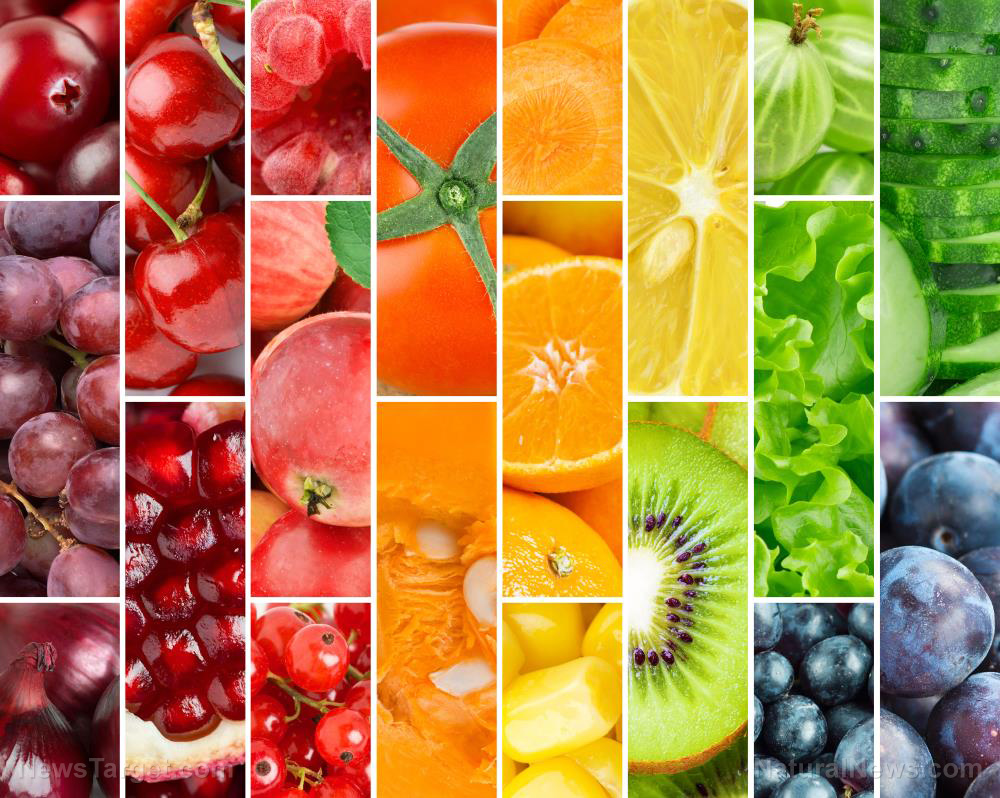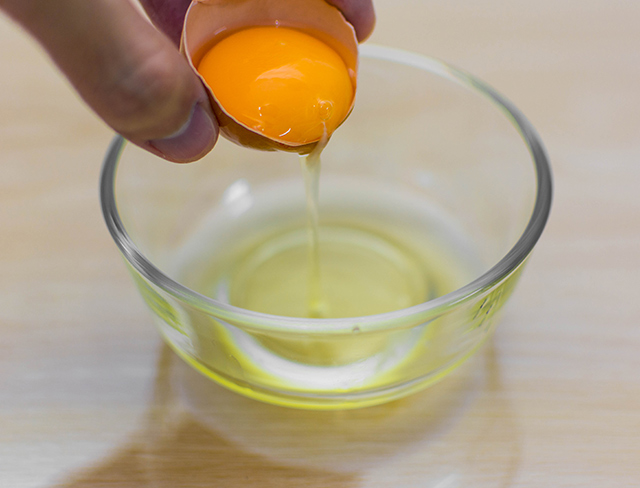More than 40% of teens who use energy drinks have experienced adverse effects
02/05/2018 / By Michelle Simmons

Energy drinks continue to be a popular drink, especially among the youth and young adults. However, there is increasing evidence that energy drinks do more harm than good.
New research revealed that teenagers who consume energy drinks experience an adverse effect. The study was carried out by a team of researchers from Chapman University in the U.S. who assessed how many energy drinks teenagers consumed, how frequently they drank it, when they started drinking it, why they drank it, and what influenced their preference of brands.
The study involved 192 individuals between the ages 13 and 19 years who had used emergency department services for any reason at a big county hospital. Patients completed a survey about their energy drink usage.
The research team discovered that more than 40 percent of the participants who drank an energy drink had experienced at least one side effect. The most common adverse effects were insomnia, a jittery feeling, heart palpitations, abdominal pain, nausea, vomiting, or diarrhea, headache, chest pain, labored breathing, and seizures. Some of these symptoms went away on their own, but the others were potentially life-threatening.
Furthermore, results revealed that 81 percent of them reported that they drank energy drinks at least once a week for an energy boost, as a study aide, for improving sports performance, because their friends drank them, because it felt “cool”, to lose weight, and because they were driving. They also said that the beverages’ flavor, brand name, accessibility, the brand their friends drink, the amount of caffeine, the perception of certain brands being “healthy”, the packaging, their availability at home, and cost influence their preference of energy drinks. About 30 percent of the teens drank the beverage for the first time at the age of 12 or younger.
Researchers found that 15 percent of the participants combine energy drinks and alcohol, while nine percent of them used energy drinks with illegal drugs which included cocaine and methamphetamine. Surprisingly, they also learned that some participants believed that energy drinks were healthy and aid in weight loss. (Related: Energy drinks: Are they safe for you and your kids?)
The findings of the study were published in the journal Pediatric Emergency Care.
More proof on the health risks of energy drinks to young people
Another study, which focused on the effects of caffeinated energy drinks among the youth and young adults in Canada, revealed that more than 50 percent of them experienced negative health effects.
Researchers from the University of Waterloo in Canada carried out a study on more than 2,000 participants aged 12 to 24. In conducting the study, the researchers asked the participants to answer a survey about their coffee and energy drink consumption and the side effects they’ve experienced.
The findings of the study, published in the journal CMAJ Open, showed that 55.4 percent of the respondents who consumed energy drinks said that they had experienced at least one side effect, with some serious enough to require seeking medical help. These adverse effects included a fast heartbeat, trouble falling asleep, headache, nausea, vomiting or diarrhea, chest pain, and seizures. In addition, the prevalence of reported side effects was greater among energy drink consumers in comparison to coffee drinkers.
“The health effects from energy could be due to the different ingredients than coffee, or the ways in which they consumed, including with alcohol or during physical activity; regardless, the findings suggest a need to increase surveillance of health effects from these products,” explained David Hammond, a professor in the School of Public Health at the University of Waterloo.
As of today, there are no age restrictions on the sale of energy drinks both in the U.S. and Canada.
Read more articles related to energy drinks and the potential health effects they may have at Research.news.
Sources include:
Tagged Under: Energy drink dangers, energy drinks, health effects, side effects, Teens, young adults, youth
RECENT NEWS & ARTICLES
COPYRIGHT © 2017 FOOD SCIENCE NEWS




















